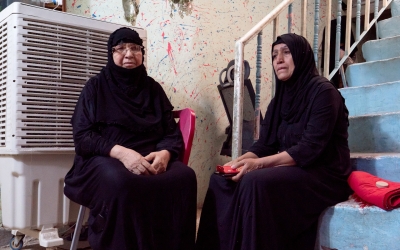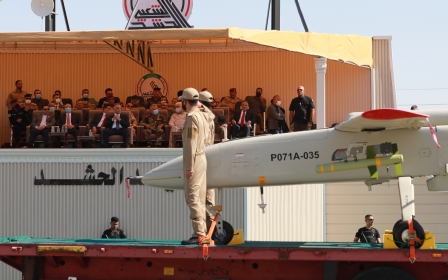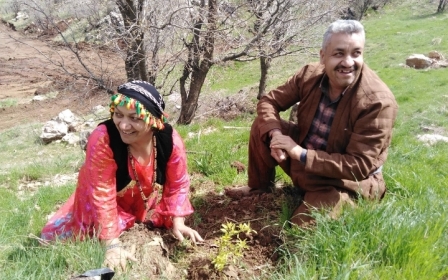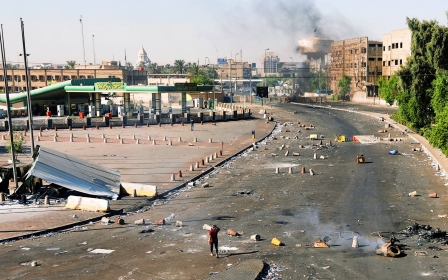Iraq: Three detainees reportedly killed days after UN condemns torture in prisons
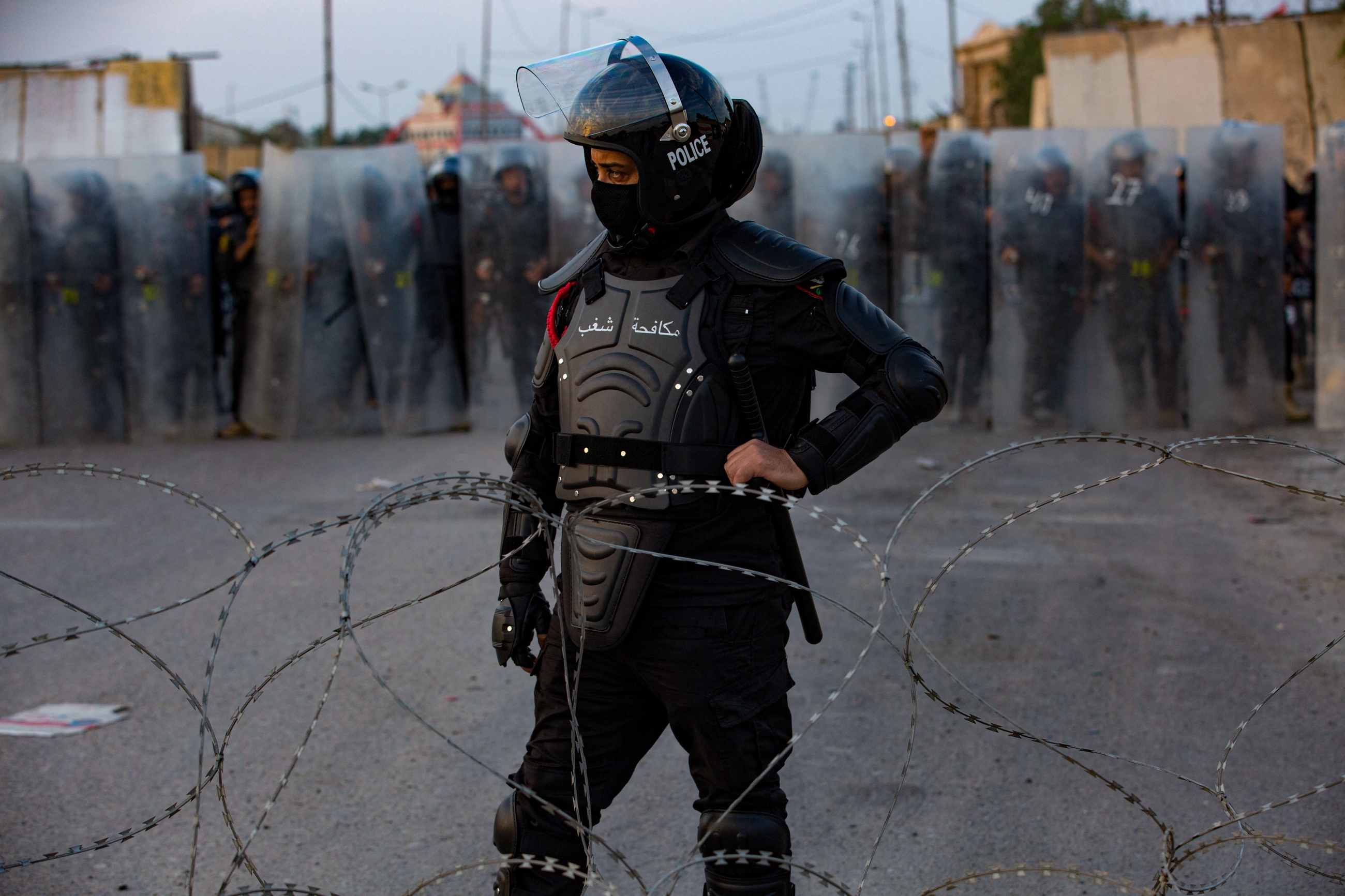
Three Iraqi detainees in the southern city of Basra have been killed, according to a rights group, just days after the UN released a report detailing widespread torture and ill-treatment in the country’s prisons.
Hisham Muhammad Hisham and Muhammad al-Dabi reportedly died as a result of torture at the hands of local police in Basra’s anti-crime headquarters, according to a statement on Tuesday by the Euro-Mediterranean Human Rights Monitor.
Ali Mubarak al-Shamri was also killed in Basra’s Al-Baradi'yah police station, the NGO said. All three deaths reportedly occurred between 28 July and 7 August.
Hisham, who worked in a demining company, was arrested on 28 July along with one of his colleagues upon their return to Basra from a job in Baghdad, according to an eyewitness who spoke to Euro-Med Human Rights Monitor.
The eyewitness, who is a Basra-based activist, said that Hisham was taken to the anti-crime headquarters, where he was subjected to “severe torture”.
He was transferred to a court in the Qaziza neighbourhood, despite his deteriorating health, where a judge reportedly ordered his release. His family then sought to take him to hospital, due to the effects of torture, but he died en route.
People familiar with the case told the rights group that Hisham was not the intended person the authorities were seeking.
In the case of Dabi, a relative explained that he was summoned to testify in a criminal case and was detained for 10 days.
“On 7 August, we received a call from a hospital informing us of Muhammad's death, and when we went to collect his body we found clear signs of torture on it," he said.
A family member of Shamri said that he had been detained by police after he went to a local pharmacy during the evening of 24 July.
“When his father went to ask about him at the police station, the security personnel informed him that his son would be leaving shortly,” the relative told Euro-Med Human Rights Monitor.
“But he was shocked when the security personnel brought his dead son 'Ali' inside a blanket, with signs of torture, stabs, punches, and fractures on his body.”
Middle East Eye has asked the Iraqi embassy in London for comment.
Torture and 'assassination epidemic'
The alleged killings come just days after the UN Human Rights Office (OHCHR) and the UN Assistance Mission for Iraq (UNAMI) published a report accusing authorities of the torture and ill-treatment of detainees across the country, including in the northern Kurdistan region.
The report collected testimonies from 235 detainees, as well as prison staff, judges, lawyers and the families of detainees, covering a period of July 2019 to April 2021. It alleged a string of abuses, including confessions obtained through torture, detainees being denied access to lawyers, and many prisoners not being informed which authority was holding them.
“I experienced the worst days of my life,” one prisoner told UN staff. “As soon as I arrived, the officers beat me using metal pipes. The following days, they used two exposed electricity wires to electrocute me.”
The report stated that of the 1,406 complaints of torture and ill-treatment received by the High Judicial Council in Federal Iraq in 2020, only 18 investigations had been closed.
UNAMI urged Baghdad and the Kurdistan regional government to adopt a comprehensive anti-torture law and a national plan of action.
In recent months, activists have described an “assassination epidemic” in parts of southern Iraq. In Basra and the southeastern city of Amara, a high number of political murders are "intentionally" mislabelled as tribally motivated killings, in order to quash investigations, federal security officials told MEE in April.
The following month, protests spread across several southern governorates after Iraqi authorities failed to name the killers of high-profile activist Ihab al-Wazni.
Middle East Eye delivers independent and unrivalled coverage and analysis of the Middle East, North Africa and beyond. To learn more about republishing this content and the associated fees, please fill out this form. More about MEE can be found here.


